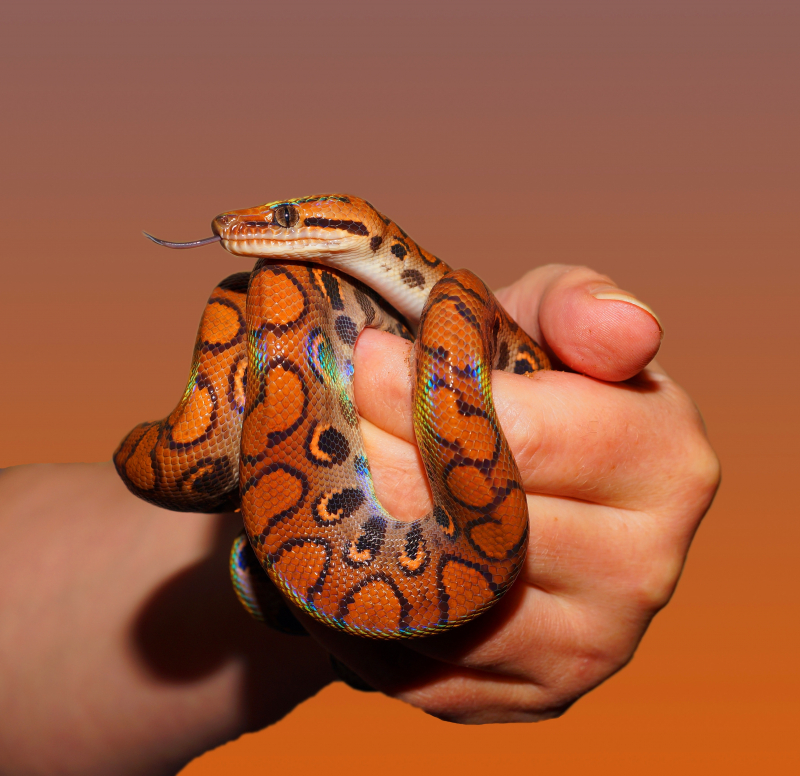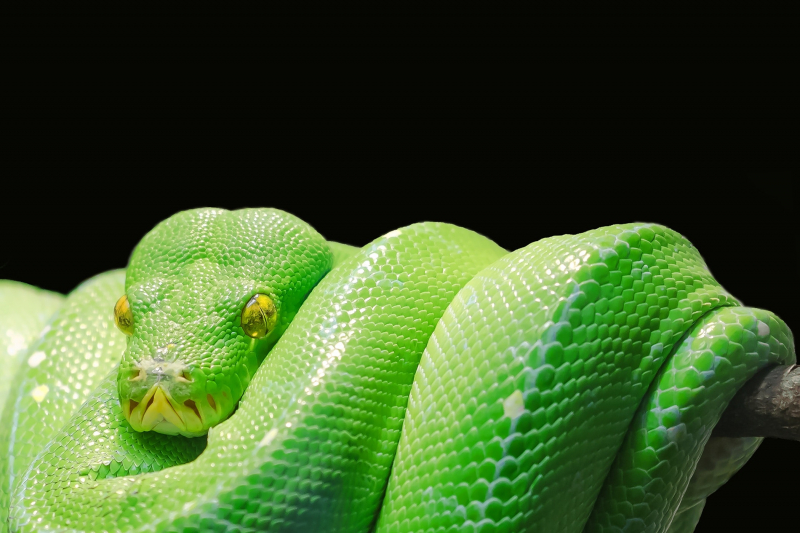Stressed Reptiles
There is a widespread belief that reptiles cannot have emotions, just like insects. The term "cold-blooded" is used to describe someone who is uncaring. The reverse is actually quite close to the truth. Also, it is not a recent finding. These results were covered by Psychology Today in 2013.
For instance, reptile behavior research was first published in 1967 by Professor Gordon Burghardt of the University of Tennessee. His discoveries included the discovery that juvenile reptiles continued to engage in the type of "play" activity that we typically associate with mammals and other creatures of a similar caliber. He added that parents of reptiles have maternal instincts. He observed reptile mothers acting like mothers in a similar way.
Findings from the British Veterinary Association were even more convincing. The effects of captivity were shown to be more severe in reptiles than in mammals, according to a study that was submitted to the British Medical Journal and principally attributed to Clifford Warwick. They went beyond reptiles picking up behaviors like hissing, head-covering, anorexia, and other behavioural problems. Their heads and bodies would grow and shrink, and even the skin's color would alter. If anything, stress-related emotional reactions are too much of a problem for captive reptiles.












